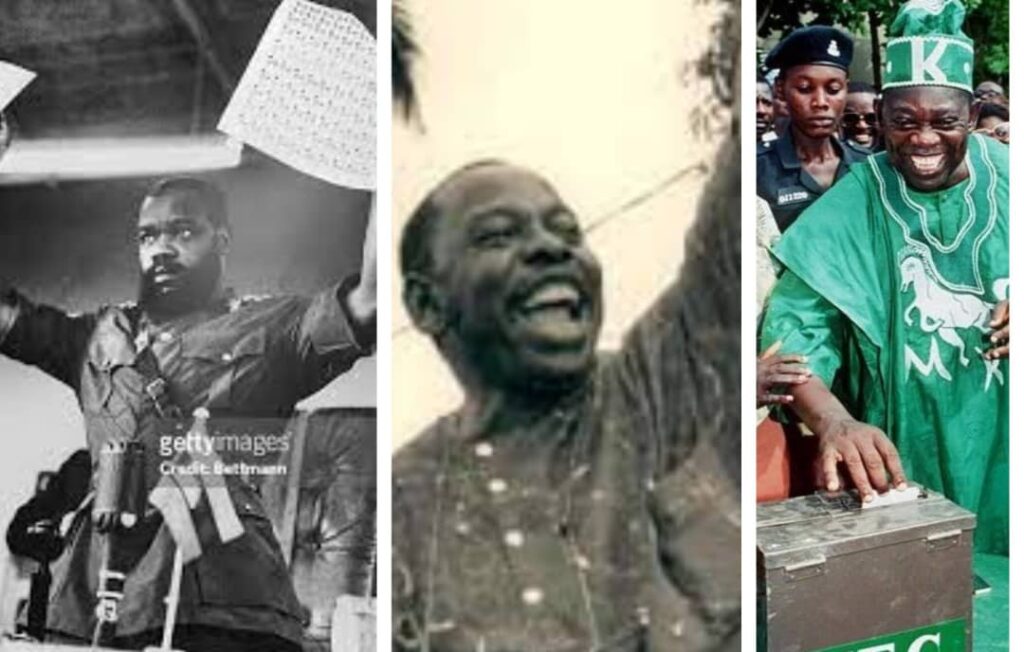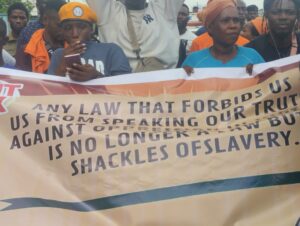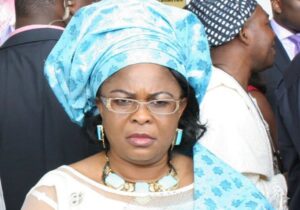Nigeria, a nation rich in culture, diversity, and potential, has witnessed its fair share of triumphs and tribulations since gaining independence in 1960. The journey towards nationhood has been marked not only by moments of celebration and progress but also by a series of deeply tragic events that have left an indelible mark on its history. These events, ranging from political crises to conflicts, natural disasters, and social upheaval, have tested the resilience of the Nigerian people and have shaped the nation’s narrative in profound ways.
One of the most defining tragedies in Nigeria’s post-independence history was the Nigerian Civil War, also known as the Biafran War, which unfolded from 1967 to 1970. This brutal conflict, fueled by ethnic and political tensions, resulted in massive loss of life, displacement of civilians, and the tragic specter of famine. The scars from this war still linger in the collective memory of the nation.
The execution of Ken Saro-Wiwa in 1995 serves as another poignant chapter in Nigeria’s history. A passionate environmental activist and writer, Saro-Wiwa paid the ultimate price for his unyielding commitment to the rights of the Ogoni people in the Niger Delta and his unwavering stance against the environmental degradation caused by oil exploration in the region. His execution, along with that of eight other Ogoni leaders, reverberated across the globe and drew international condemnation, making it a symbol of the ongoing struggle for environmental justice and human rights.
The annulment of the 1993 presidential election, widely believed to have been won by Moshood Abiola, plunged Nigeria into political turmoil, underscoring the challenges of transitioning to civilian rule and the demand for fair and transparent elections. The subsequent years saw the rise of Niger Delta militancy, driven by economic grievances and environmental concerns, leading to a period of unrest and disruption in the region.
The insurgency of the extremist group Boko Haram in the northeastern part of Nigeria, which began in 2009, has inflicted severe humanitarian consequences and continues to pose a significant security challenge. The loss of lives, displacement of communities, and ongoing instability are stark reminders of the enduring struggle against terrorism.
The crash of Dana Air Flight 992 in 2012 resulted in a devastating loss of 153 lives, making it one of Nigeria’s deadliest aviation disasters. This tragedy raised concerns about aviation safety standards and infrastructure in the country.
These are just a few examples of the tragic events that have shaken Nigeria from its post-independence journey to the present day. From abductions of schoolgirls that have garnered global attention to #EndSARS, a nationwide youth-led movement for police reform, these events have not only tested the nation’s strength but have also ignited calls for change, justice, and a better future.
In this listicle, we will delve deeper into these and other heartbreaking moments, each contributing to the complex tapestry of Nigeria’s history. These events serve as reminders of the challenges that the nation has faced and the resilience of its people in the face of adversity.
- Nigerian Civil War (1967-1970):
The Nigerian Civil War, also known as the Biafran War, was a tragic conflict characterized by massive loss of life, displacement of civilians, and famine. It emerged from ethnic and political tensions, leading to the secession of Biafra and a brutal war that lasted for three years.
- Abiola’s Presidential Election Annulment (1993):
The annulment of the 1993 presidential election, which was widely believed to have been won by Moshood Abiola, plunged Nigeria into a political crisis. The annulment by the military regime of General Ibrahim Babangida led to widespread protests and political turmoil, as Nigerians yearned for democratic governance. This event underscored the challenges of Nigeria’s transition to civilian rule and the desire for fair and transparent elections.
- Execution of Ken Saro-Wiwa (1995):
The Nigerian government’s execution of Ken Saro-Wiwa, a prominent environmental activist, drew international condemnation.
- Niger Delta Militancy (2000s):
The Niger Delta saw a rise in militant activities, driven by economic grievances and environmental concerns.
- Boko Haram Insurgency (2009-present):
The extremist group Boko Haram’s insurgency in the northeast has had severe humanitarian consequences and remains a major security challenge.
- Dana Air Flight 992 Crash (2012):
The crash of Dana Air Flight 992 resulted in the loss of 153 lives, making it one of Nigeria’s deadliest aviation disasters.
- #EndSARS Protests (2020):
In October 2020, Nigerian youth led the #EndSARS protests against police brutality, sparking a nationwide movement for police reform and better governance.
- Twitter Ban (2021):
Nigeria’s government suspended Twitter operations, raising concerns about freedom of expression and online rights.
- Kidnappings of Chibok and Dapchi Schoolgirls (2014 and 2018):
Boko Haram abducted schoolgirls from Chibok and Dapchi, leading to international attention and calls for their release.
- COVID-19 Pandemic (2020-present):
The pandemic has caused significant loss of lives and economic challenges, impacting communities nationwide.










More Stories
Police teargas protesters in Rivers, Abuja
Massive protest against Trump hots up in major U.S. cities
Tinubu considers Fani-Kayode, others for ambassadorial appointments